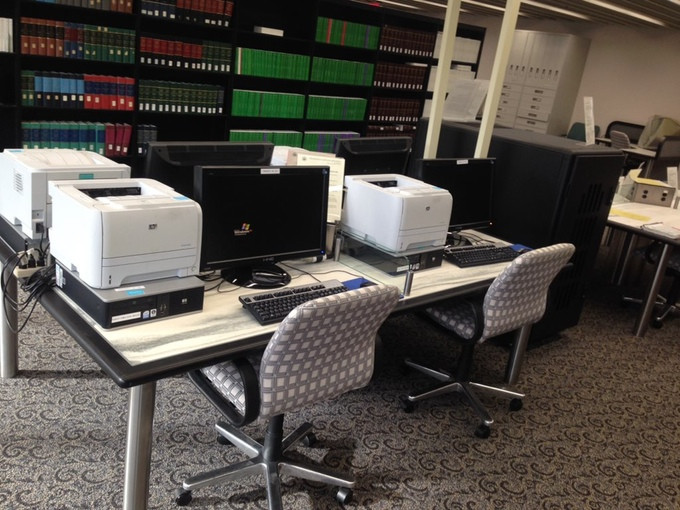CIA declassified: Kickstarter campaign aims to liberate 10 million secret documents

The truth is out there. Or, more specifically, the truth is in a remote CIA-protected federal database in Washington DC. The sought-after vault contains more than 10 million declassified files and documents that have never been released to the general public – and now a Kickstarter campaign wants to release them all.
Launched by crowdfunder Michael Best on 1 February this year, the project is asking for $10,000 (£6,875) in donations to liberate the documents and, at the time of writing, is already 75% of the way towards its target with 241 backers.
The CIA vault in question, known as Crest, can only be accessed from four computers located in a secure federal facility and stores content being slowly released as part of the agency's 25-Year Program. Yet while the content is open to researchers that isn't to say the CIA has made it simple for them to access. "In order to directly access Crest, a researcher must visit the National Archives at College Park, Maryland. CIA recognizes that such visits may be inconvenient and present an obstacle to many researchers," the agency admits on its website.
And Best agrees. "Accessing the information isn't easy," he explains on the crowdfunding page. "Tucked away in the library are the only computers that can access the millions of pages of declassified records. If researchers ask the main Information desk, they're answered with confused stares and incorrect directions.
"Researchers trying to look up on the National Archive's website where to access the computers, won't find it on the page about doing research at that location or on the page for electronic records at that location. That information is tucked away on the page for online databases – despite not being online."
According to Best, who has set the financial goal to help purchase goods such as a printer, computer and storage devices, once a researcher gets close to the computers they are not simply allowed to save and transfer the already digitised documents, instead having to print them out while under "several kinds" of electronic surveillance.
If the campaign is backed the plan is simple: scan and re-upload as many of the files as possible to the internet for "everyone to access for free".
What's in the files?
On his Kickstarter page Best outlines a range of topics featured within the declassified CIA documents – including nearly 30,000 documents from the records of the first five directors of Central Intelligence to high-level policy papers and memoranda. However, perhaps the most intriguing tease so far are the files surrounding the CIA's Stargate program which was a 25-year intelligence study into people that claimed to use "clairvoyance, precognition, or telepathy to acquire and describe information about targets that were blocked from ordinary perception".
While the task of setting these records free will be arduous – with the researcher estimating it will take several years – he does list a number of risks and challenges he may face, even if they are less glamourous than you may expect.
"CIA is paying for the paper and toner, and has for years," he states. "It's possible that this could change. If it does, then the new rules will have to be explored for possible ways to continue. The rate of printing is dependent on the flow of fresh paper and toner. If the archives run out of either, then printing and digitising will have to pause while CIA refreshes their supplies."
Recently, the agency unveiled a slew of previously unseen documents detailing UFO sightings in the 1950s from across the globe. The previously classified files outline CIA agents' discussions on the potential dangers of the unidentified craft and interviews with experts of the phenomenon.
© Copyright IBTimes 2025. All rights reserved.























